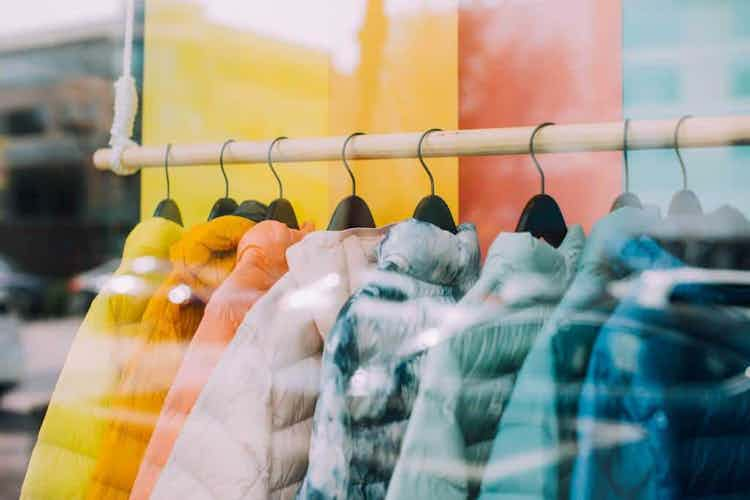Figures show how the UK’s inflation rate dropped to 0.3% in November. The Office for National Statistics said lower prices in clothing, food and non-alcoholic drinks were the main factor for the fall.
Inflation dropped to its November figures from 0.7% in October. The decline is drastic. The rate is something economists keep an eye on because inflation can affect mortgages and the cost of shopping.
Lockdown behind price changes
The figures showcase the impact of the second lockdown. The UK spent much of November locked in which pushed prices of certain goods and lowered others. Clothing and food saw big price drops but toys, games and recreational activities increased in price. People spent more money on things like games to stay entertained throughout the lockdown.
The ONS said the drop in clothing prices is unusual. Prices for clothes tend to go up towards the end of the year before the end-of-year sales. But the coronavirus pandemic has changed how prices go up and down. Clothing and footwear prices dropped in March and April. They stayed stable until August, which is usually a time for discounts. The ONS said prices increased as usual between August and October. But the fall from October to November didn't happen in the previous two years.
Retailers are currently trying to clear stock in the run-up to Christmas. Prices have dropped, and many retailers are running sales before Christmas. It includes many fashion retailers that are offering discounts at a time when they are normally increasing prices.
The drop comes as a surprise
The sharp fall has surprised economists. City economists predicted the figure to hover around 0.6%. But the drop in food and non-alcoholic beverage prices caught many by surprise.
Food prices went down despite people staying in during the lockdown. The demand did increase during lockdown, as people want to ensure they have produce available. However, the figures show food inflation fell dramatically. The contribution to inflation from food and non-alcoholic beverages has been positive over the last four years. The negative contribution in November is the most considerable since January 2017, the ONS said.
The inflation looks set to start climbing up in 2021. The rates could pick up from April onwards. The temporary VAT cut for the hospitality sector ends in April.
But analysts don’t expect the rate to increase dramatically. Samuel Tombs, the chief UK economist at Pantheon Macroeconomics, told the Financial Times that they expect, “the headline rate will average at only 1.5 per cent in the final three quarters of 2021”. However, analysts also say a no-deal Brexit could push the inflation rate above 2%. Very high inflation is a concern. When inflation rates are high, consumers’ money doesn’t go as far.





